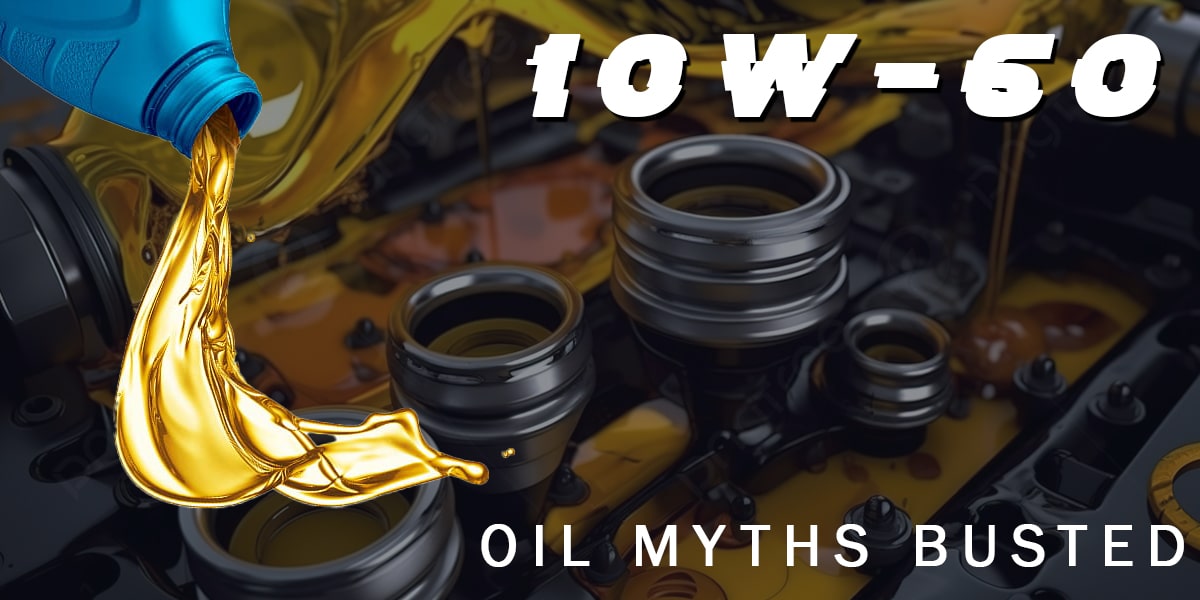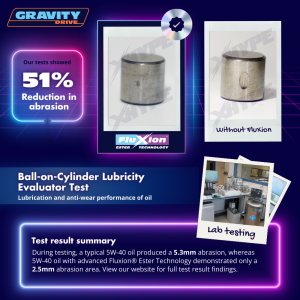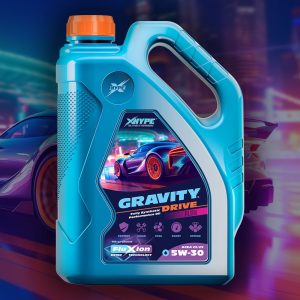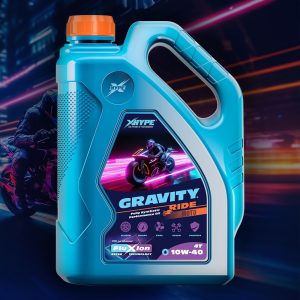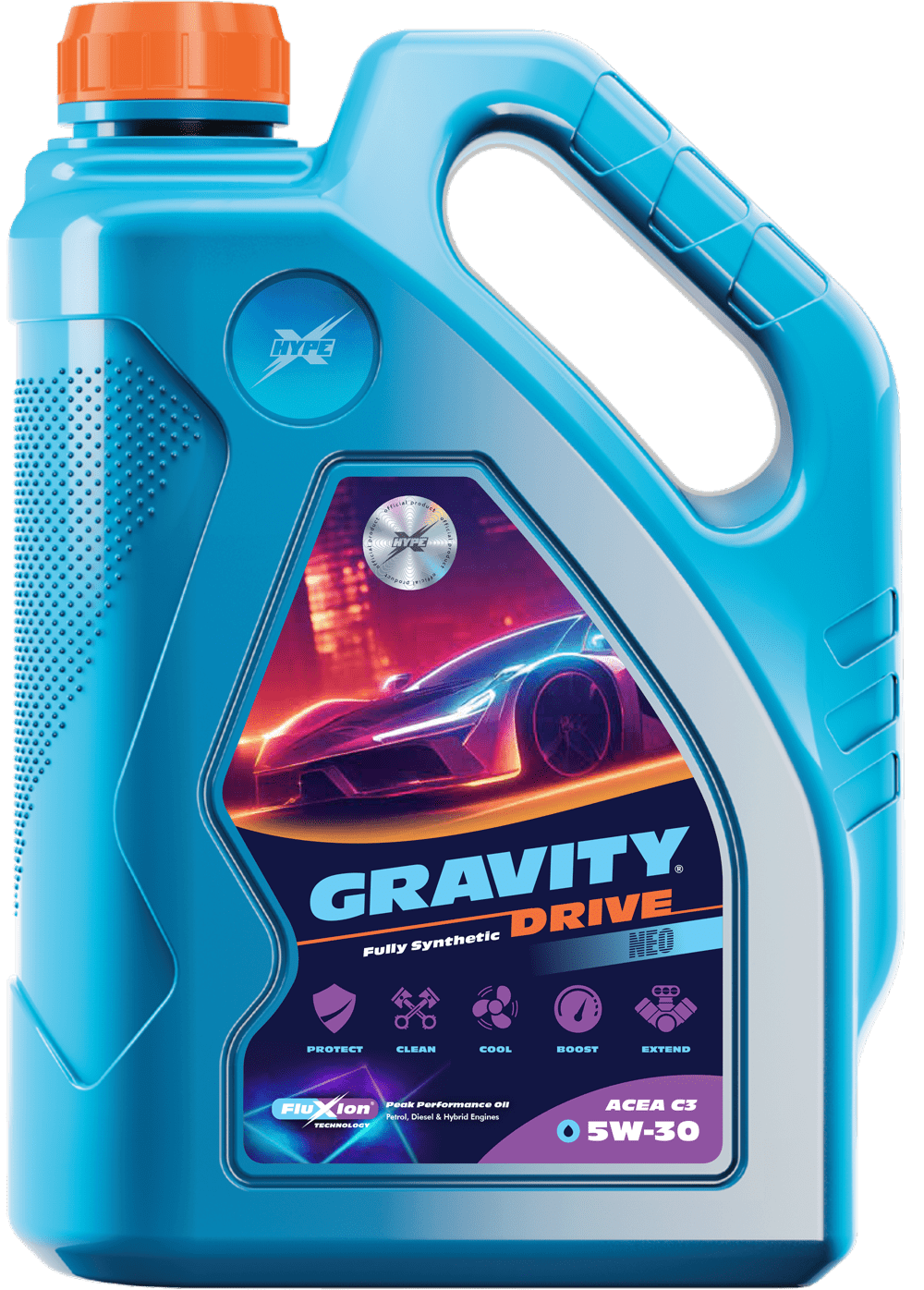Introduction to 10w-60 Engine Oil Use
There’s a common question about why we sometimes advise against the use of 10w-60 oil. The simple answer is: we don’t discourage it across the board. This type of oil is highly suitable for certain situations. It’s ideal for vehicles whose engines are designed to handle high-viscosity oils or for those that have been significantly modified to necessitate such a specification.
Misconceptions and Appropriate Usage of 10w-60 Oils
We frequently encounter questions regarding our stance on 10w-60 car engine oils. To set the record straight, we do offer and recommend 10w-60 oils, but only for suitable engines. This includes several high-performance models like certain BMW M-Series and Alpinas, some Alfa Romeos, Aston Martins, and Ferraris. However, caution is advised against its use where it is not appropriate, as it can lead to suboptimal performance and engine damage.
The Debate Over 10w-60 Oil
The topic of whether 10w-60 oil is appropriate for general use has sparked numerous discussions in car forums. Despite some dissenting opinions, there has been no definitive technical explanation supporting the widespread use of 10w-60 oil in vehicles that are not explicitly designed for it.
Historical Context and Modern Advances in Engine Lubrication
In the past, heavier mineral oils were necessary to manage the higher operating temperatures of powerful engines. Today, advancements in chemical engineering have led to high-quality synthetic oils that perform better at various temperatures without needing to increase viscosity. The modern approach focuses on using synthetic oils with the correct viscosity for high-performance engines rather than defaulting to thicker oil.
XHYPE: Pioneering Innovations in Engine Oil Technology
XHYPE stands at the forefront of developing new and improved engine oils, and the outstanding performance of our products speaks volumes about our commitment to excellence. As an industry leader, XHYPE focuses on creating formulations that not only meet but exceed the demands of modern engines, enhancing efficiency and longevity.
Technical Explanation of Oil Specifications
It’s crucial to understand the oil specifications more deeply:
SAE Number (Viscosity at 100°C): This number indicates how thick the oil remains at engine operating temperatures. For example, SAE 60 oil has a viscosity of 24 centistokes (cst) at 100°C, which is substantially thicker compared to SAE 30, 40, or 50 oils.
Cold Crank Viscosity (“W” Number): This measures the oil’s viscosity at lower temperatures, which affects how easily an engine starts in cold weather.
Effects of High Viscosity on Engine Performance
Using an oil with a viscosity higher than what the engine requires can lead to:
- Increased friction generates more heat and wear on engine components.
- Decreased power output as more energy is required to circulate the oil.
- Lower fuel efficiency due to the additional energy demands.
Guidelines for Using Thicker Oils
There are specific scenarios where a thicker oil like 10w-60 might be advisable:
- In heavily modified vehicles that operate at higher than normal temperatures.
- This is for vehicles used in racing or on tracks, where oil temperatures are consistently high.
- If explicitly recommended by the vehicle manufacturer’s handbook.
Oil’s Role Beyond Lubrication
Engine oil not only lubricates but also plays a crucial role in heat removal from the engine. Thicker oils can hinder this process by reducing the oil flow rate, leading to higher operational temperatures and potentially causing damage through mechanisms like air entrainment and cavitation at high RPMs.
Conclusion: Making an Informed Choice
Choosing the right engine oil involves understanding your vehicle’s scientific principles and specific engineering needs. Following trends or anecdotal advice without understanding the implications can lead to poor performance and engine health. We encourage vehicle owners to make informed choices based on technical data and use resources like our oil recommendation tool, ensuring their engines operate optimally with the correct type of oil.
